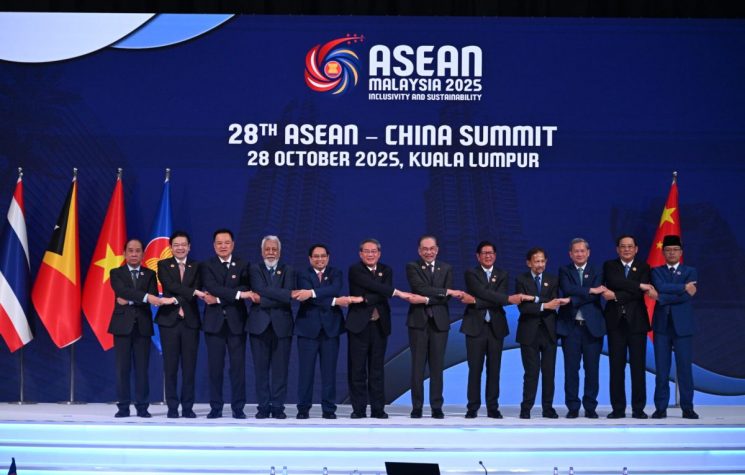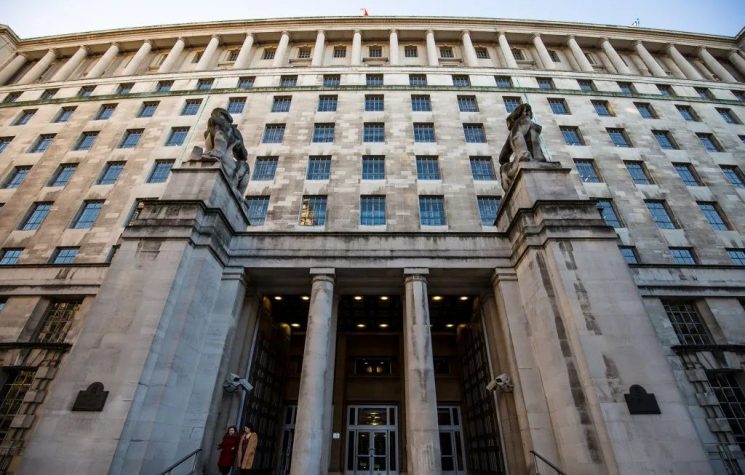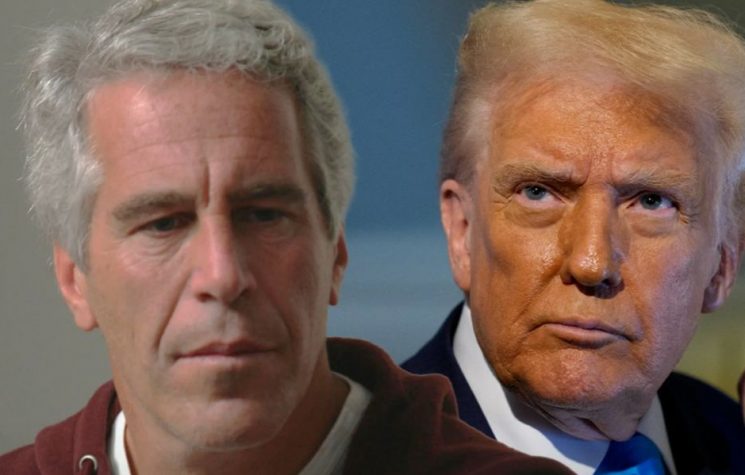Blocking plans for a new Chinese Embassy in London would set a worrying diplomatic precedent.
Join us on Telegram![]() , Twitter
, Twitter![]() , and VK
, and VK![]() .
.
Contact us: info@strategic-culture.su
Blocking plans for a new Chinese Embassy in London would set a worrying diplomatic precedent and derail Prime Minister Keir Starmer’s efforts to rebuild UK-China relations.
China is spying on us! At every turn, British politicians, establishment figures and journalists are waving the red flag of Chinese espionage in a bid to block a proposed new Chinese Embassy project in London. The prestigious Old Mint Court was purchased by the People’s Republic of China in 2018 for the princely sum of £255m. As the current Embassy in London has been in use since 1877 it is now far too small. A new ‘super’ Embassy would be the largest in Europe, sparking all manner of fears of spying and intrusion by China on the UK.
Concerns have been expressed that the proposed new London Embassy would be used to tap into underground cable networks near the financial district. There has been much speculation that mysterious underground rooms could be utilised for all manner of unspeakable acts against Chinese dissidents in Britain. More likely, they’ll be used for secure speech and communication facilities. Not surprisingly, the Americans have weighed in, expressing concern about providing China with potential access to the sensitive communications of one of our closest allies.’
It’s certainly a truth universally acknowledged in the diplomatic world that the Embassies of major powers spy on the countries in which they operate. The UK spies on China, China spies on the UK. It is the job of counter-intelligence officials to minimise the risk of this activity. Indeed, foreign Embassies represent opportunities for the host government to obtain secret intelligence. And intelligence agencies maintain ‘declared’ relationships with their host governments, in which identified spies are given diplomatic accreditation for the purpose of liaison and deconfliction.
What is different today, is that China boasts the largest diplomatic service in the world whereas His Majesty’s Diplomatic Service has suffered decades of disinvestment and decline. China can project more influence abroad than the UK can. For UK decision makers, that is the unpalatable reality of the multipolar world unfolding before our eyes.
But, the British government really should, now, get on and agree to the development of the new Chinese Embassy site. It would be a worrying step to block efforts by any foreign government to develop its Embassy in London. In this context, Britain has been planning for many years to redevelop its dated Embassy in Beijing which, having visited previously, I can testify is also too small and no longer fit for purpose. Blocking China’s plans would obviously scupper our plans in Beijing. Reciprocity, after all, is a core tenet of diplomacy.
Yet, seven years after China bought the site, the going has been tough. Tower Hamlet Council, in which the proposed Embassy site is located, initially blocked a planning application in December 2024, given, frankly, flimsy concerns around resident and tourist safety. The decision now rests with the Deputy Prime Minister who took control of the matter in October 2024, shortly before the UK Foreign Secretary travelled to Beijing. The Foreign Secretary and Home Secretary later signalled their support for the Embassy build, stressing the ‘importance of countries having functioning diplomatic premises in each other’s capitals’. That is absolutely right.
The unavoidable truth is that refusing permission to the Chinese government would severely jeopardise the current UK governments efforts to rebuild relations with China after a period of chill that followed the appointment of Theresa May as Prime Minister in 2016.
Beyond eye-catching spy stories, Embassies perform a huge range of other functions, from advancing two-way trade and economic cooperation, issuing visas, providing consular services, promoting educational and cultural exchange and managing the day to day bilateral political relationship. More than ever, the labour government wants to maximise these opportunities as in advancing its national missions, the top two being economic growth and making Britain a clean energy superpower. Boosting Chinese investment into non-critical UK sectors from a low base and taking advantage of Chinese expertise in low carbon technologies are vital to this.
That is why the labour government has worked hard to boost the UK-China relationship since the end of last year. The Foreign Secretary’s 2024 visit was followed by visits by the Chancellor of the Exchequer, the Energy Secretary, the Chief of the Defence Staff and the National Security Adviser, with an autumn visit to Beijing by the Prime Minister planned for the autumn.
Manifestly, refusing to grant permission for China’s new Embassy would cancel out efforts made so far by the UK side to put Sino-British relations on a more positive footing. Angela Rayner will undoubtedly think carefully about how she packages a decision to agree to the Embassy project in London. But it’s obvious, at least to me, that agree it she must.

























































